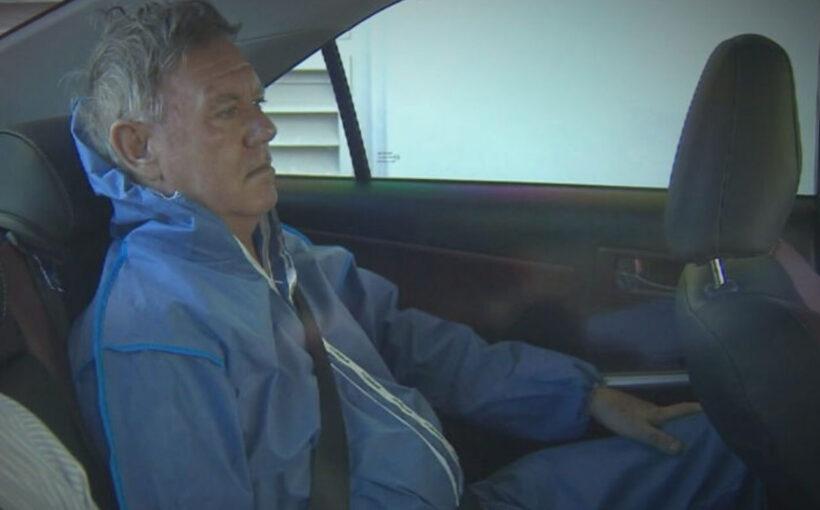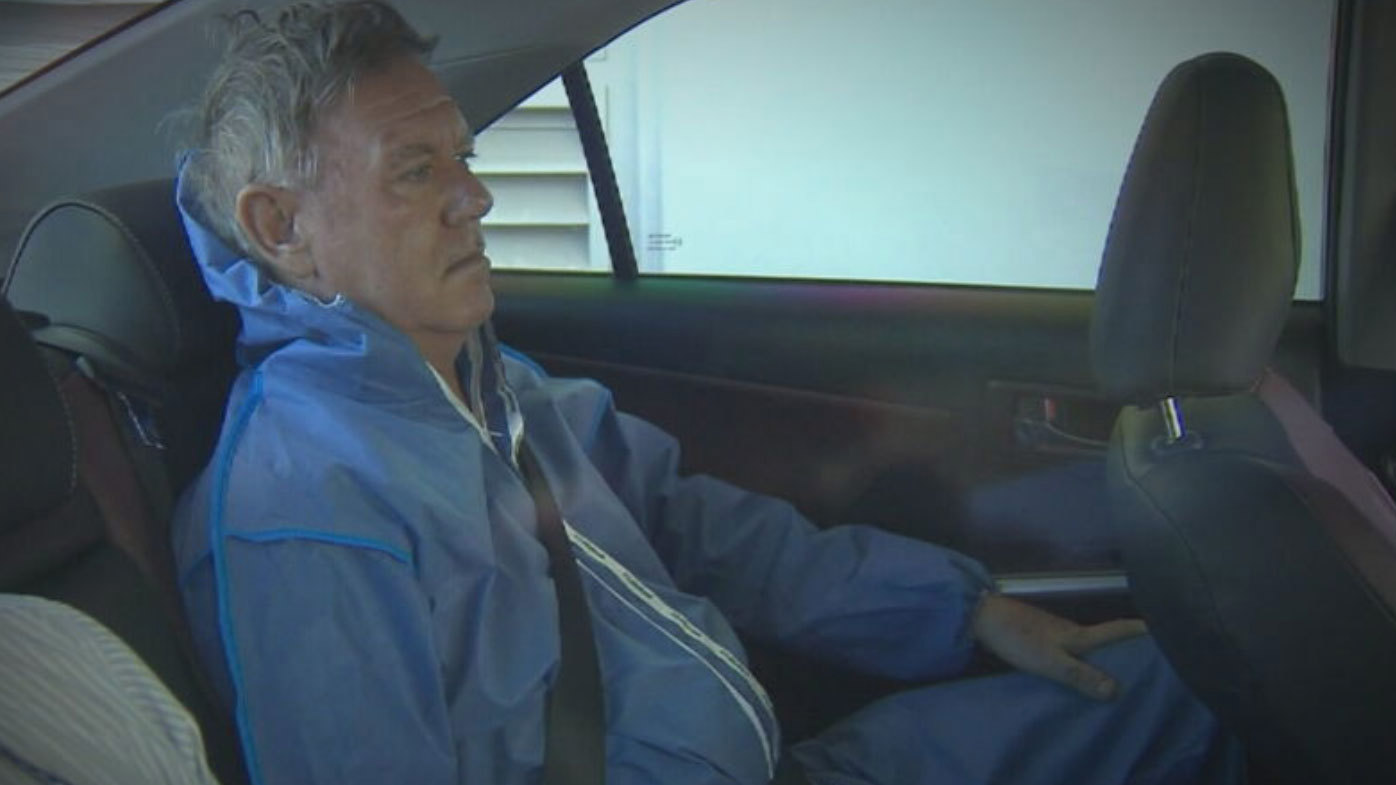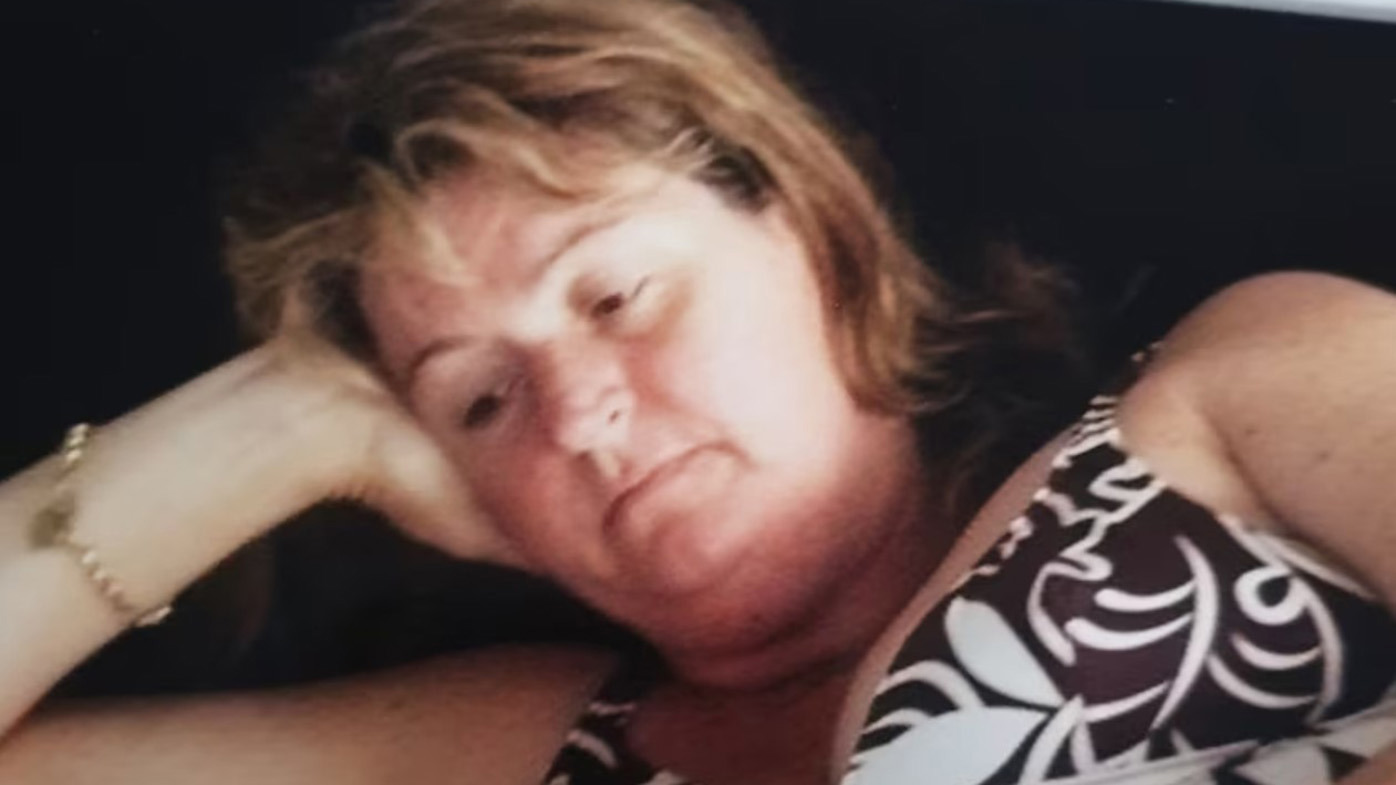A man who was jailed for murdering his wife with a hammer claims inconsistencies between new and old DNA tests on the weapon should overturn his conviction.
Queensland man Andrew John Cobby was found guilty in a 2021 trial of beating and strangling his estranged wife Kym, 51, outside her Gold Coast hinterland home in November 2017.
Cobby represented himself before Brisbane Court of Appeal on Thursday while appearing via video link from Wolston Correctional Centre.
In an application to the court, Cobby sought to amend four grounds for appeal, including the “inconsistency” between an initial test of the hammer’s handle showing no DNA and a subsequent test showing DNA samples too complex to analyse.
“I wish to call Mr Matthew Hunt of the Queensland Health Forensic and Scientific Services in order that he may be cross-examined to (educe) further evidence in relation to … the retesting of forensic material,” Cobby said.
Cobby agreed with Justice Peter Flanagan that he intended the cross-examination to highlight what the application claimed were inconsistencies between the evidence Hunt gave at the trial and what was contained in his further reports.
Previous hearings have been told the appeal intends to prove an unknown man ambushed his wife and killed her while Cobby ran away.
Flanagan said as the application intended to put forward fresh evidence two other Court of Appeal judges would need to be present to decide whether the evidence created the significant possibility of acquittal if it had been presented to the original jury.
Cobby also appealed on the grounds that he was denied a fair trial and there was a miscarriage of justice in how the hammer was used as evidence, and that he had been subject to an unreasonable verdict.
Crown prosecutor Philip McCarthy KC said he would make Mr Hunt available for cross-examination.
“It will be a matter for the presiding court as to whether they will receive fresh evidence … and consider the effect of fresh evidence on the trial,” McCarthy said.
Cobby said he might need until the end of October to file his written submissions as he claimed the prison administration was “actively thwarting” him by limiting his access to a photocopier and denying his request to use a computer in his cell.
Flanagan said filing the submission at that time would mean the matter would not be further heard in court until early 2024 and Cobby agreed to a deadline of October 12.
“If I’m not ready, I’m not ready,” Cobby said.





